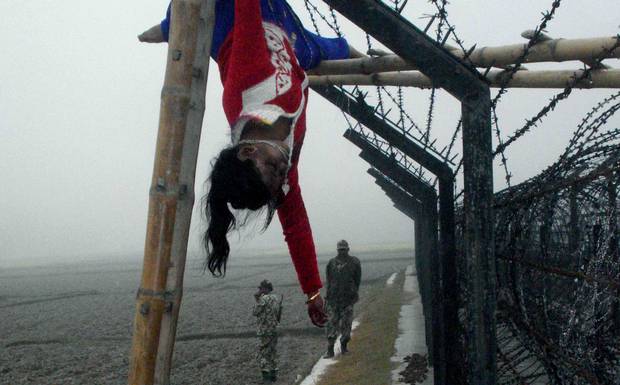
It’s 4am and I can’t sleep.
Apart of me feels like I must be your Black feminist killjoy today.
I know humor sustains us.
I know how we feel about joy.
But, I must be your Black feminist killjoy today if its gets us closer to naming the truth as it is.
I know I am alive because of the level of rage I feel right now. Principled raged I must say. The type of rage I can locate to the most insidious aspects of society. Rage inherited by my foremothers. Rage given to me by June Jordan. I am in a state of rage because I am witnessing a global pandemic aided and abetted by white supremacist- capitalist- imperialist- patriarchy.
I am in a state of rage because I have to add more names to my memory this week.
Nina Pop
Breonna Taylor
Ahmaud Arbery
George Floyd
Christian Cooper
And so many more unknown and unnamed Black people.
Nina Pop
Breonna Taylor
Ahmaud Arbery
George Floyd
Christian Cooper
And so many more unknown and unnamed Black people.
Nina Pop
Breonna Taylor
Ahmaud Arbery
George Floyd
Christian Cooper
And so many more unknown and unnamed Black people.
I say these names again and again and again. When I have to utter the names of Black people murdered by the police, or any other act of violence, I do not have space for “karen.”
Yale Phd student, Yasmina Price asked us “how do we manage mourning and mockery so close together?”
Mockery doesn’t relieve my grief anymore.
Because karen is just useless mockery.
Because karen provides white women with an other.
Because karen obscures the way white womanhood was constructed and how it functions.
Because karen is just white supremacist patriarchy.
Many of us have been where Christian Cooper was as some white woman pretended to be in danger. amy cooper did not just weaponize whiteness, she always weaponized her womanhood. She is another white woman who was taught to cry to get her way, taught that her very being would elicit the world to protect her. Taught how to perform fear and mockery simultaneously. Even in her attempt to harm Christian Cooper the world still wants to protect amy because the world wants to protect white women. When you trace the grace, tenderness, and protection she is where is always goes.
Some of you are meeting these white women with mockery by calling them karens. June Jordan teaches us to remain “hostile to hostility” and for that I am a Black feminist killjoy today.
Beyond that, as someone who practices abolition as faith and as a love politic, I feel it imperative to tell you that amy cooper did not just call the police, but rather, she is the police. She is a death practitioner. Her job is to keep Black people close to death by making the world believe her very life depends on it.
white people will always feel empowered to punishment and surveillance. They will always feel empowered to be judge and jury in and beyond the court room. white supremacy grants them these powers. Always.
white women will always understand and use their power to police Black people and if that doesn’t work, they always have their tears. The tears that move the police.
Frank Wilderson teaches us that “white people in their very corporeality are the police.” And what we are naming as karen behavior is just another reason why we must abolish the police.
We don’t have to rename this practice. We already know what it is.
So what is the point of this mockery? What work does the naming of karen do? What is the price we pay for mockery?
Its 6am now. I have mourned enough today. I wonder who I’ll mourn tomorrow.
Nina Pop
Breonna Taylor
Ahmaud Arbery
George Floyd
Christian Cooper
And so many more unknown and unnamed Black people.
Nina Pop
Breonna Taylor
Ahmaud Arbery
George Floyd
Christian Cooper
And so many more unknown and unnamed Black people.
Nina Pop
Breonna Taylor
Ahmaud Arbery
George Floyd
Christian Cooper
And so many more unknown and unnamed Black people.
(Photo Credit: Tim Gruber / The Washington Post)

